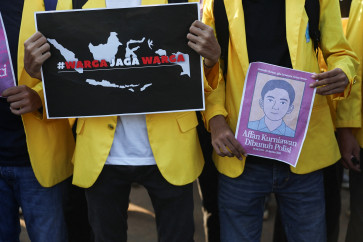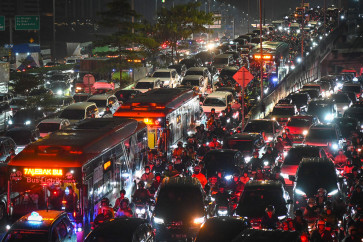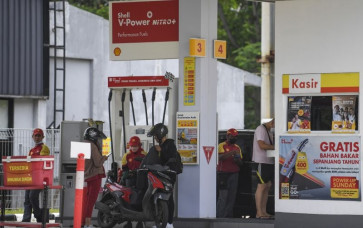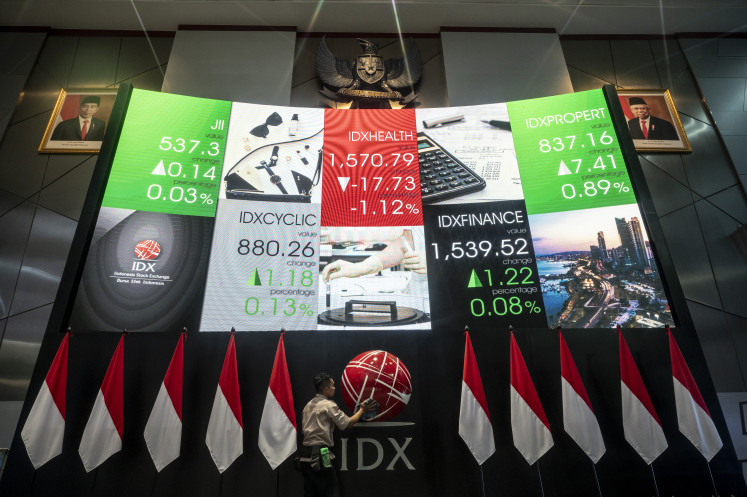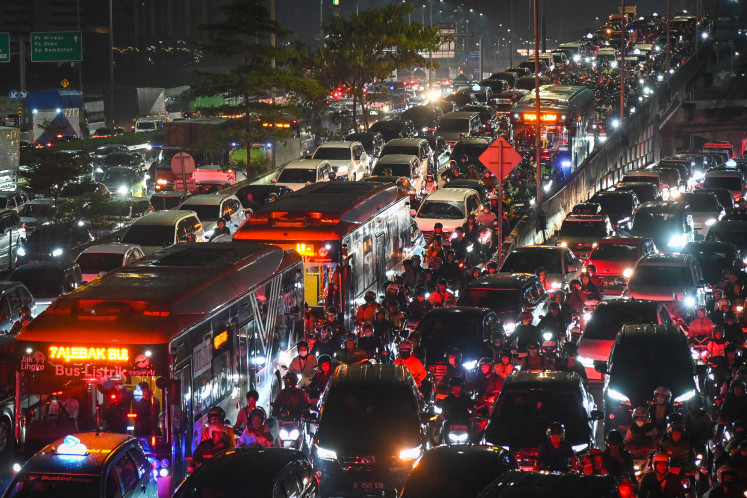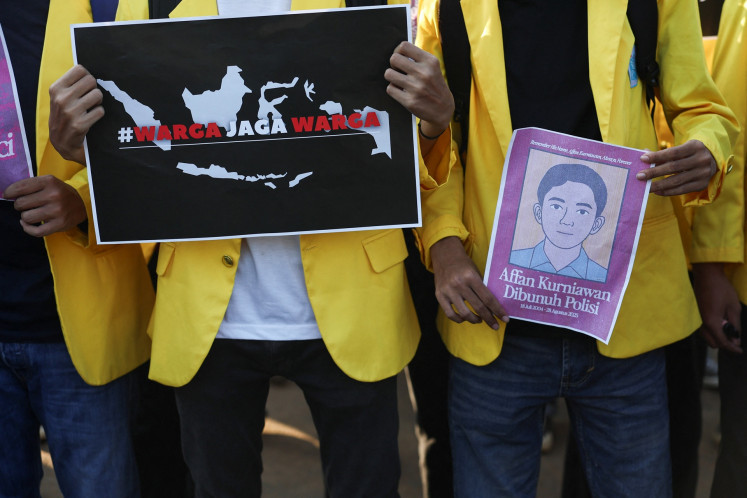Popular Reads
Top Results
Can't find what you're looking for?
View all search resultsPopular Reads
Top Results
Can't find what you're looking for?
View all search resultsExcise on soft drinks may hamper business
Soft drink producers have called on the government to cancel a plan to impose an excise on carbonated and sugar-sweetened drinks, arguing that the measure would potentially hamper the industry from growing and competing with its Southeast Asian counterparts
Change text size
Gift Premium Articles
to Anyone
S
oft drink producers have called on the government to cancel a plan to impose an excise on carbonated and sugar-sweetened drinks, arguing that the measure would potentially hamper the industry from growing and competing with its Southeast Asian counterparts.
Indonesian Food and Beverage Association (Gapmmi) chair Adhi S. Lukman said on Tuesday that an excise on carbonated and sweetened beverages would cost local producers their competitiveness against counterparts in neighboring countries.
'The excise, if brought in, could also lead to foreign investment outflow as potential investors may opt for other ASEAN countries like Malaysia or Singapore,' he said, adding that investment in the food and beverage industry had been significant.
Total domestic and foreign direct investment in the food and beverage industry in the first half of this year hit Rp 23.4 trillion (US$1.7 billion), or 9 percent of total investment during the period, according to data from the Investment Coordinating Board (BKPM).
Adhi said that a number of his association's members had been worried about the excise plan and that they would revisit their investment plans should the excise be imposed.
Voicing a similar concern, chair of the Association of Indonesian Soft Drink Producers (Asrim) Triyono Prijosoesilo said that an excise on soft drinks would be a counter-productive measure and would weaken the industry.
'The policy could be another burden for the local beverage business, especially with the current economic downturn,' he said.
In the January-September period of this year, sales of bottled drinks by volume in the country grew by only 2 percent year-on-year (yoy), from around 30 billion liters in the same period last year. From that total sales volume, around 30 percent was soft drink, while the remaining 70 percent was bottled mineral water, according to Triyono.
He estimated that sales volume would start picking up during Christmas and New Year's holidays, but he was pessimistic about the industry growing faster next year.
The soft drink industry grew an average of 12.5 percent annually from 2005 to 2014, Gapmmi's data shows.
Plans to impose an excise on carbonated beverages have been sounded by the government since 2012 and the discussion on the matter between the Tax Office and the House of Representatives recently restarted with regard to the government's 2016 excise target of Rp 146.43 trillion.
The government and the House previously agreed to raise excise on tobacco products by 11.36 percent next year, far lower than the government's initial hike plan of
23.5 percent.
The government has previously stated that its plan to impose excise on both carbonated and sweetened-drinks was based on the belief that they cause various health problems, such as diabetes and gastrointestinal problems. Gapmmi, meanwhile, argued that sweetened drinks contributed only 6.5 percent of Indonesians' total calorie intake.
The Finance Ministry's director general of taxation, Heru Pambudi, said that his office was still waiting for a review from the Health Ministry but was open for any feedback from industry players.
A study conducted by the Institute for Economic and Social Research at the University of Indonesia (LPEM-UI) in 2012 showed that imposing an excise of Rp 3,000 per-liter on carbonated drinks would raise the government's excise income by Rp 590 billion, but would reduce income from value-added taxes and income taxes by Rp 562.7 billion and Rp 736.1 billion, respectively.


